Description
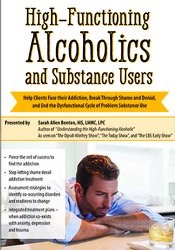
-
Sarah Allen Benton – High-Functioning Alcoholics and Substance Users
- Faculty:
- Sarah Allen Benton
- Duration:
- 6 Hours 5 Minutes
- Format:
- Audio and Video
- Copyright:
- Sep 06, 2018
Description
What does addiction look like? Someone unkempt, unclean, and down on their luck? Disheveled and unshaven; sitting on the sidewalk with a bottle in hand? Chances are you didn’t envision a sharply dressed lawyer in the courtroom.
The reality is that many people struggling with substance use don’t fit the stereotypes. They effectively maintain personal and professional lives. Teachers, lawyers, doctors. Hidden in plain sight, these “functional addicts” are reliable at work, respected by acquaintances, and often the very picture of success.
But addiction is never functional. In truth, people “functioning” with a substance use disorder have merely managed to avoid obvious tragedy. They’re still someone in active addiction – just one who’s waiting for the bottom to drop out.
They need treatment – but treating high-functioning clients isn’t easy. Intense denial creates a formidable barrier to treatment. Avoidance including shame keeps clients from facing their addiction and fuels their defensiveness. Anxiety, depression, and trauma often co-exist as volatile partners to addiction that left untreated will likely lead to relapse. Accounting for all of these intersecting factors makes treatment planning challenging and complex.
Buy today and learn how to help these “hidden in plain sight” clients face their addiction, break through their denial, and end their silent suffering!
Key Benefits of Watching This Recording:
- Learn how to break through the denial of high-functioning substance users
- Dual Diagnosis assessment strategies that keep you from missing key co-occurring disorders
- Integrated treatment/behavioral plans for addiction and related mental health issues like anxiety, depression and trauma
- CBT-based interventions to modify cognitive distortions and challenge irrational beliefs in one-on-one therapy
- Shame resiliency techniques that stop shame from derailing addiction treatment
- Motivational and stage of change tailored strategies – help clients to commit to their recovery
- How to integrate 12-step and clinical models for dual diagnosis clients
Handouts
| Manual – High-Functioning Alcoholics and Substance Users (5.22 MB) | 84 Pages | Available after Purchase |
Outline
Level of Functioning and Populations at Risk
- How stereotypes hide functioning alcoholics and drug users
- The profile of the high-functioning person in active addiction
- Challenges of diagnosing and working with high-functioning young adults
- Early recovery patterns – low functioning vs. high functioning
Break the Cycle of Shame and Addiction In High-Functioning Alcohol and Drug Users
- The myth of shame as a motivator for recovery
- The latest research on shame and addiction
- Compassion-based communication techniques to:
- Bring shame into the light
- Break down defensiveness
- The role of self-compassion in addiction treatment
- Recovery pride
Dual Diagnosis:
Integrated Strategies for Co-Occurring Disorders
- The impact of co-occurring disorders on addiction treatment outcomes
- DSM-5® and diagnosing high-functioning alcoholism and addiction
- Initial screening approaches
- Assessment tools to identify
- High functioning alcoholics and substance users
- Presence of co-occurring disorders
- Readiness for change
- Strengths that support recovery
- Post-Acute Withdrawal Syndrome vs. mental health symptoms
Move Clients Toward Post-Traumatic Growth With Interventions Informed by Cognitive Behavioral Therapy (CBT)
- Shattered Vase Exercise – plant the seeds of possibility
- Creating narratives
- Letter writing
- Positive remembering and repositioning
- Reframe the meaning
Clinical Tools Tailored to Functional People Experiencing an Alcohol or Drug Problem
- Crisis intervention – when and how
- How to establish rapport and trust
- Collaborative goal setting
- Establishing a behavioral plan
- Targeted treatment approaches for Dual Diagnosis clients
- Cognitive Behavioral Therapy
- Identify and challenge cognitive distortions about substance use
- Create positive reframes
- Motivational Interviewing
- Treatment strategies based on readiness for change
- Motivational tools – keep clients in treatment
- Harm reduction – meeting clients where they are at
- Narrative Therapy and case example
- Personal stories of change and forming non-addiction identities
- Non-traditional addiction treatment
- Using family system leverage to motivate change
- Family agreements and contracts
Where 12-Step Programs Can Fall Short And How to Make them Work for Your Client
- 12-Step programs – benefits and limitations with high functioning clients
- Program models and language
- Supporting dual diagnosis treatment
- Effective strategies for integrating 12-Step models into treatment
Research, Research Limitations and Potential Treatment Risks
- Research and research limitations
- How private pay care keeps the high-functioning population under the radar
- When clients don’t identify as being alcoholic
Faculty
Sarah Allen Benton, MS, LMHC, LPC, AADC Related seminars and products: 2
Sarah Allen Benton, MS, LMHC, LPC, AADC is the author of the book Understanding the High-Functioning Alcoholic and has been featured frequently in the media, including the New York Times. She has appeared on “The Oprah Winfrey Show”, “The Today Show”, “The CBS Early Show”, NPR, and is a blogger for www.PsychologyToday.com.
A Licensed Mental Health Counselor and co-owner of Benton Behavioral Health Consulting, LLC, Sarah is a clinical consultant for Aware Recover Care and the former director of clinical services at Aware Recovery Care, a home-based addiction treatment in North Haven, CT. She is also a clinical consultant for The Strathmore House transitional sober living for men in Boston, MA. She worked previously as an outpatient therapist specializing in addiction treatment at Insight Counseling in Ridgefield, CT, Turnbridge young adult male addiction treatment in New Haven, CT and at McLean Hospital at McLean Brook transitional living program for dual diagnosis in Belmont, MA.
Sarah approaches addiction from the position of a counselor with lived experience, having been in long term recovery from alcoholism since February 2004.
Speaker Disclosures:
Financial: Sarah Benton is the owner of Benton Behavioral Health Consulting. She is an author for Praeger Publishers and receives royalties. Ms. Benton receives a speaking honorarium from PESI, Inc.
Non-financial: Sarah Benton has no relevant non-financial relationship to disclose.
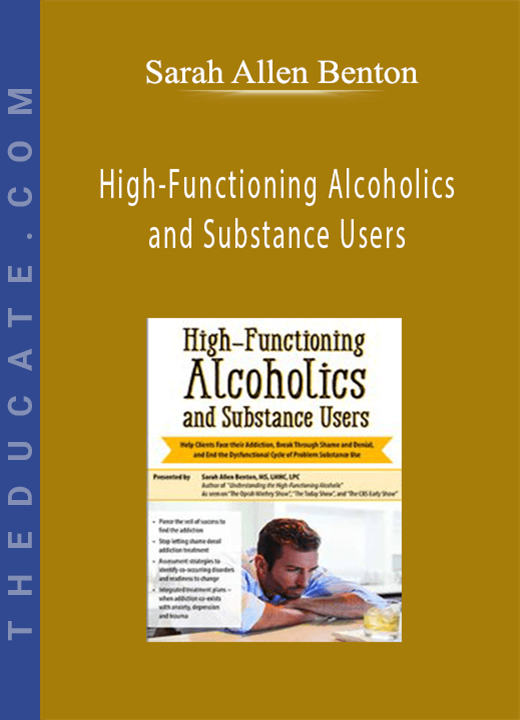


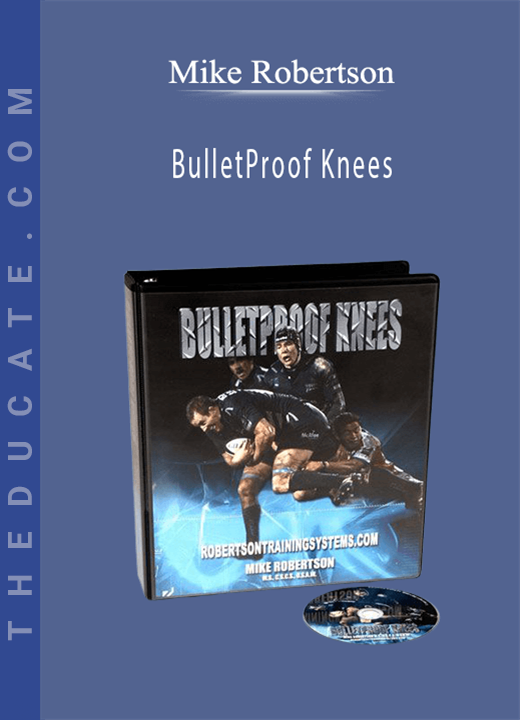
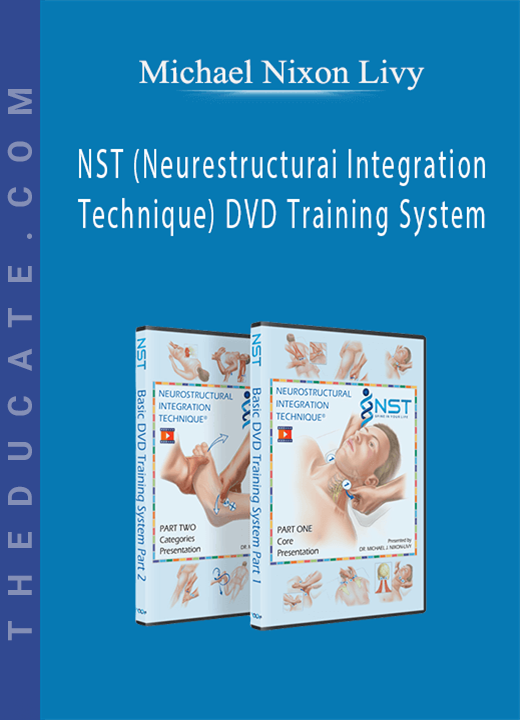
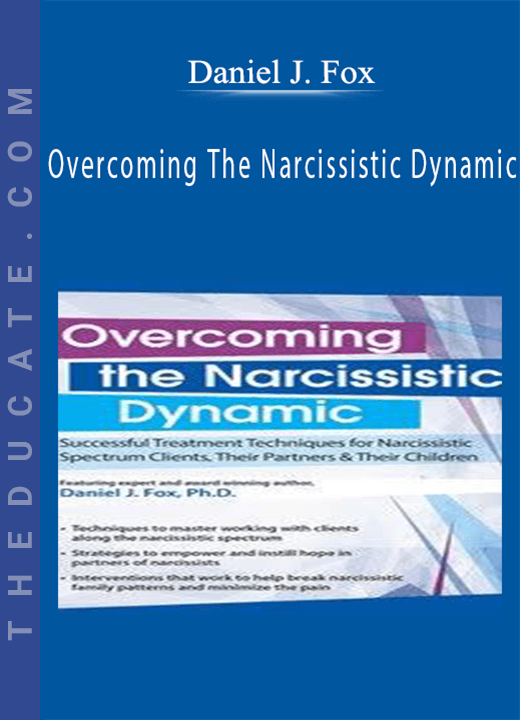
8 reviews for High-Functioning Alcoholics and Substance Users – Sarah Allen Benton
There are no reviews yet.